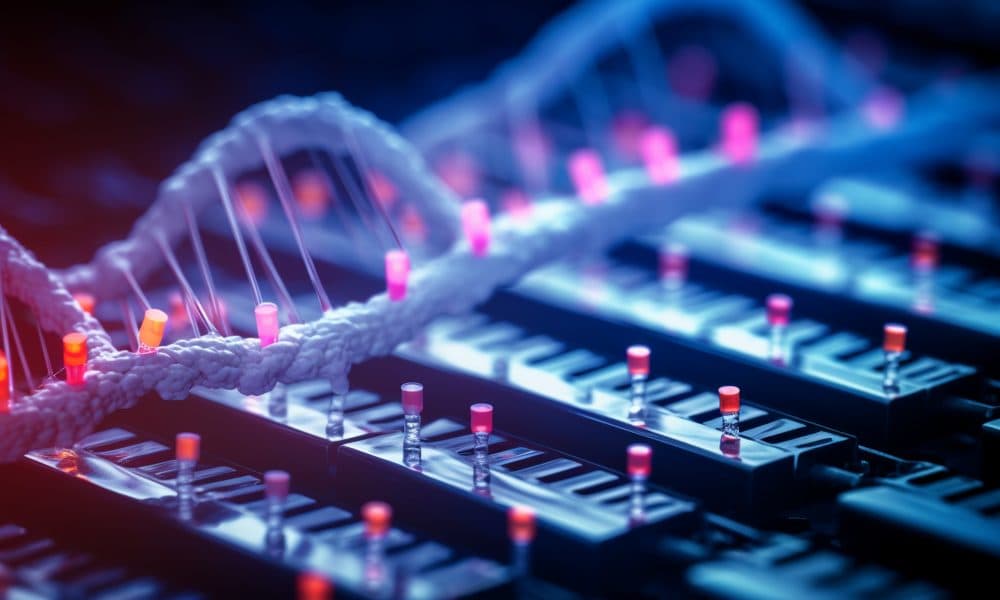
By exploiting the technology used in Covid-19 vaccines, scientists have created an effective therapy for a rare disease, demonstrating the technology’s potential therapeutic use in humans.
The research, published in journal Science Translational Medicine, found that messenger RNA (mRNA) could be used to correct a rare liver genetic disease known as argininosuccinic aciduria in a mouse model of the disease.
Co-lead Principal Investigator, Dr Julien Baruteau (UCL Great Ormond Street Institute of Child Health), said: “Messenger RNA has revolutionised the field of vaccines during the COVID-19 pandemic.
“We believe it can now do the same for rare diseases.”
Argininosuccinic aciduria is an inherited metabolic disorder affecting how the body breaks down protein – potentially leading to high levels of ammonia in the blood.
Patients affected by the condition are found to also experience an imbalance of glutathione regulation, which is important for liver detoxification.
The disease occurs in approximately one in 100,000 newborns.
In the study, the researchers tested the therapy on 31 mice both from birth and at a late stage of the disease as a rescue therapy in older mice that had argininosuccinic aciduria.
The scientists also used an equal number of untreated mice as a control group.
For the rodents, the benefit of each mRNA treatment only lasted around seven days, so the procedure was performed weekly over the course of up to eight weeks.
However, the researchers expect that translation to humans will enable longer gaps between treatments.
For the duration of the trial, the mice were given positron emission tomography (PET) scans as a non-invasive way to track the correction of glutathione regulation and the success of the treatment.
The research team found that the treatment corrected the lethal consequences of the disease.
All mice with the disease at birth left untreated died within the first two weeks of life, while those that received the mRNA treatment at birth survived for over three months.
In addition, six out of seven mice who received mRNA treatment as rescue therapy survived, while all those that were left untreated died.
The scientists also noted that, mRNA-treated organs were very similar to those in the unaffected, control mice.
Over the coming years, the researchers aim to trial the therapy in humans.
Dr Tim Witney, Co-lead PI (School of Biomedical Engineering & Imaging Sciences, King’s College London), said: “This is a great example of collaborative science across multiple areas of expertise, which has yielded remarkable results.
“By understanding what goes wrong in this disease, we can not only correct the error, but follow this correction in real-time using imaging.
“We are looking forward to bringing these advances to patients in the near future.”
Dr Baruteau added: “We have shown that mRNA holds an unprecedented therapeutic potential for incurable genetic diseases, in particular liver conditions.
“We aim to apply this approach to other inherited liver diseases and translate mRNA therapy to patients, especially in children.”





